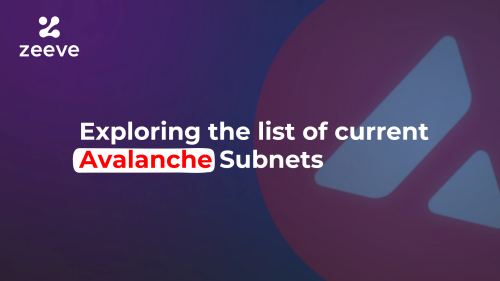GBA Member, Jose Arrieta Recognized for Outstanding Leadership

Jose Arrieta is the HHS Associate Deputy Assistant Secretary for Acquisition and has been nominated for the FedScoop 50 Awards to honor the best and the brightest who make the federal government more efficient and effective. These awards allow us to celebrate the outstanding achievements of our peers and acknowledge their tireless efforts to make a positive impact in the government community and in public service.
Please Vote for Jose Arrieta so that people around the world can see the quality and caliber of GBA members. When we pull together as a community and elevate fellow GBA members, the rising tide lifts all ships. We are honored to be colleagues with Jose and hope that you will vote for him and encourage your sphere of influence to support his nomination as well.
Find out more about Jose by reading the article below. This article was originally posted on Fedscoop
Jose Arrieta knows there are perhaps more than a few detractors of the emerging technology work his team is doing at the Department of Health and Human Services, but he thinks they will soon be an endangered species.
HHS’s associate deputy assistant secretary for acquisition minced no words Friday when talking about the ReImagine HHS initiative, saying that the mix of artificial intelligence, blockchain and machine learning is the wave of a not-too-distant future that federal tech executives need to get on board with.
“For the federal chief technology officers, the federal chief information officers that don’t stand up on a stage and say that this technology won’t work and kind of post little things at night on Facebook or Twitter saying they actually disagree with this capability, you are very close being irrelevant,” he said. “Because when we get this [authority to operate], you will be irrelevant.”
Detailing the project at the General Services Administration’s Future Services Now conference Friday, Arrieta confidently touted the work his team had done in deploying emerging technology to try and make acquisition processes more efficient.
The ReImagine HHS initiative has been testing the microservices with static data sets following its standup in March. If it can obtain a full ATO, which HHS officials are targeting for next month, it can start using live data sets from across the enterprise.
When that happens, Arrieta envisions that stakeholders will be able to drive cost-saving efficiencies on the backs of microservices they design, leveraging structured data from across the enterprise.
“We are inverting the function of acquisition,” he said. “We’re creating a standardized data set and we are decentralizing operations. It’s really expensive to standardize processes. It’s really costly and takes a lot of training to standardize every one and say, ‘You will do business this way.’ It’s much easier to standardize around data.”
Because machine learning algorithms structure the data from across five contract writing systems and upload it to a hyperledger data fabric layer that can be shared across HHS, officials can build cloud-based AI microservices to optimize things like product cost savings and contract terms and conditions.
The beauty, Arrieta said, is that the contract writing systems haven’t been altered, business processes don’t have to be made to fit various federated components and the tools needed to achieve these objectives are currently operating in HHS.
“This is a functioning set of capabilities that exist,” he said. “All the ATO is doing is allowing us to do it with live data instead of static data.”
Following the presentation, Arrieta told FedScoop that the project will continue to have legs because it aligns with the goals of legislation like the Modernizing Government Technology Act by being cloud-based, leveraging emerging technologies, and it increases the agency’s cybersecurity posture with its blockchain application.
And now, he said, it’s starting to draw interest from other corners of government.
“Anybody that asks us to share any information about what we are doing, we are 100 percent open and we share it,” he said. “The U.S. Air Force has asked us to come in and brief them. The U.S. Army, Department of Commerce, the U.S. Agency for International Development. Anyone that asks, we’re totally willing to share with.”
But there are still hurdles, namely the rate of data storage that such a system would consume on a cloud-based platform. That’s why Arrieta said he also wants feedback on where the initiative can improve, especially from its critics.
“It’s a functioning prototype that’s really close to going into production,” he said.
So, if you have not already done it, please Vote for Jose Arrieta.





Responses